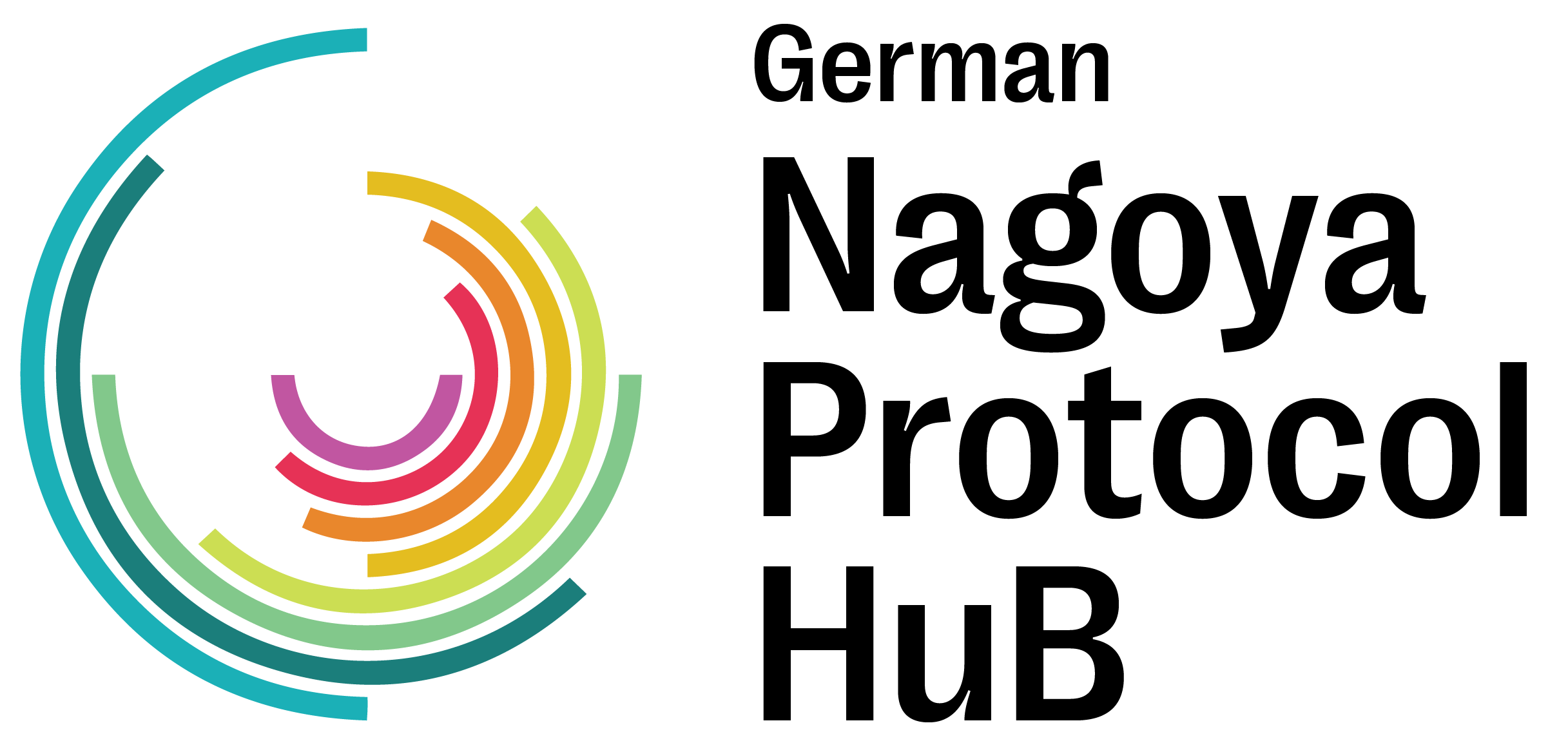Event: The Nagoya Protocol for Newbies
Online event hosted by GNP HuB and European Virus Archive
Have you ever heard of the Nagoya Protocol? Do you know what it means for you in practice?
These were the questions our “Nagoya Protocol for Newbies” event on 27 April 2021 aimed to answer for researchers across Europe. Almost 200 people joined us to learn about the Nagoya Protocol, what it means for research and why compliance is important.
What did we cover?

Amber Scholz of Leibniz Institute DSMZ opened the event with the political context and background of the Convention on Biological Diversity and the Nagoya Protocol – in other words, why does access and benefit-sharing (ABS) exist and how does it fit into the big picture?
Elizabeth Karger from the GNP HuB/Leibniz Institute DSMZ then took the audience on a journey through the ABS world, giving an overview of ABS and compliance obligations in the EU and pointing out tools and tips to the audience along the way. Scarlett Sett checked that participants were paying attention with a short follow-up quiz.
Thomas Greiber of the German Federal Agency for Nature Conservation talked about the potential implications of non-compliance as well as the process of user checks, i.e. how the Agency is checking the academic research sector in Germany to make sure that researchers are complying with EU law.
Dirk Neumann of the Consortium of German Natural Science Collections alerted the audience to journal publication policies, which require ABS to be complied with before publication is possible as well as recent examples of papers being retracted because of non-compliance.
The event wrapped up with breakout groups, where participants had the chance to ask specific questions in smaller groups.

What were the main take-away messages for participants?
- Don’t ignore ABS just because you are a basic and non-commercial researcher! It could apply to you.
- For researchers in the European Union, compliance is not just about Regulation (EU) No 511/2014. Due diligence obligations are additional to any ABS obligations in the country where the material comes from. As a researcher, you need to understand and follow both!
- Take ABS and compliance seriously. There are legal and other potential consequences for your scientific career that can result from non-compliance!
Missed it?
If you could not make it this time – don`t worry! The video recording of the presentations is now available through the Leibniz Institute DSMZ’s Youtube channel: https://www.youtube.com/watch?v=UIOdK7oIeLY
We’re also planning to repeat this event in Autumn so stay tuned for more information!
Contact: info@nagoyaprotocol-hub.de



